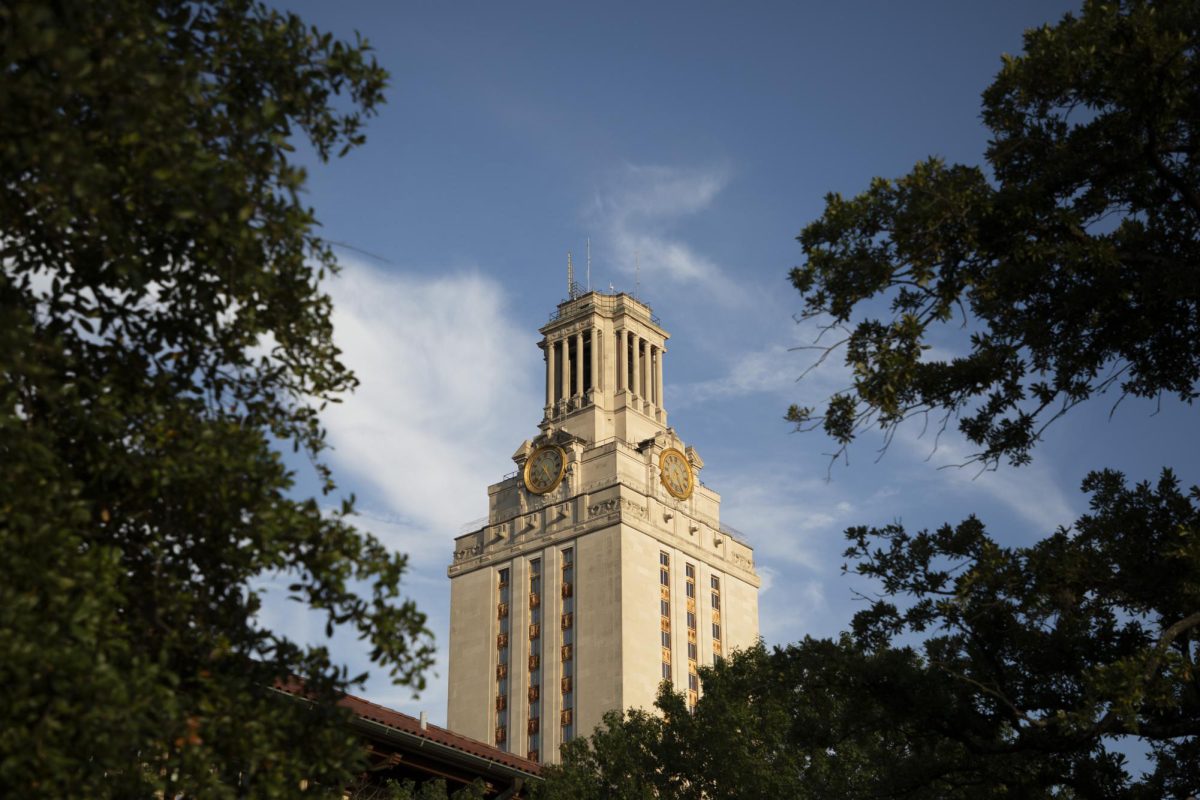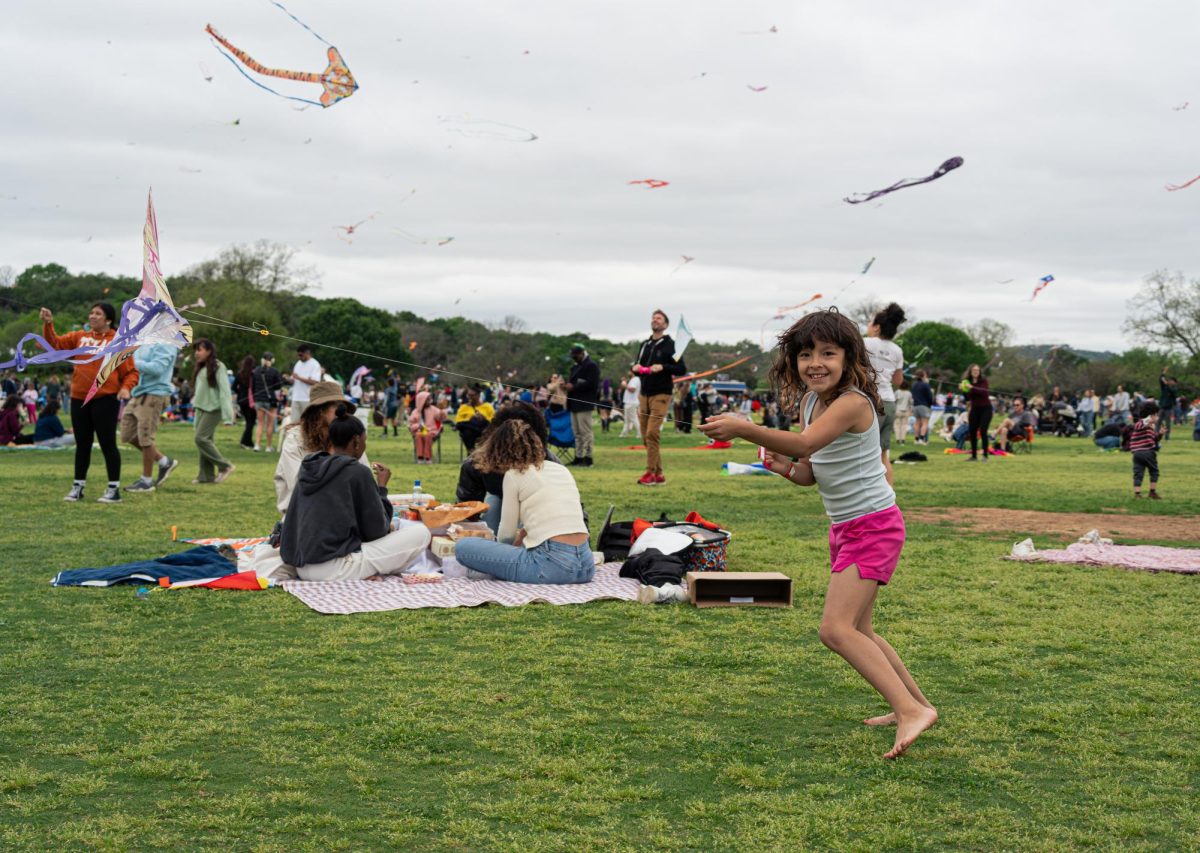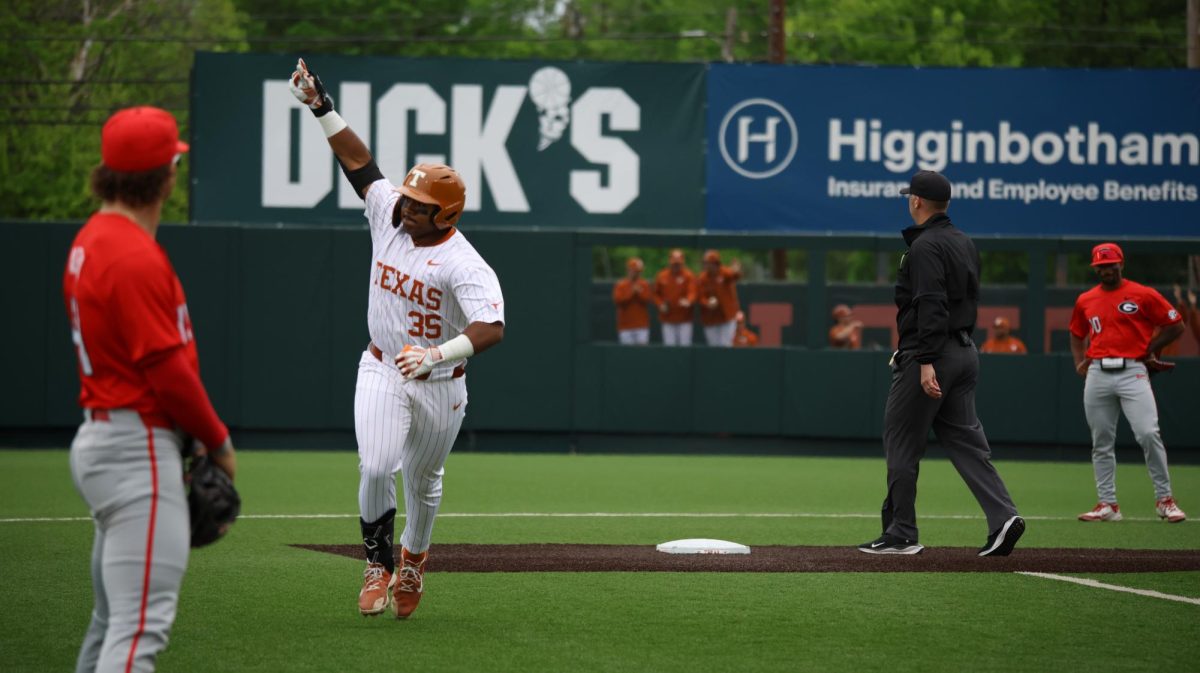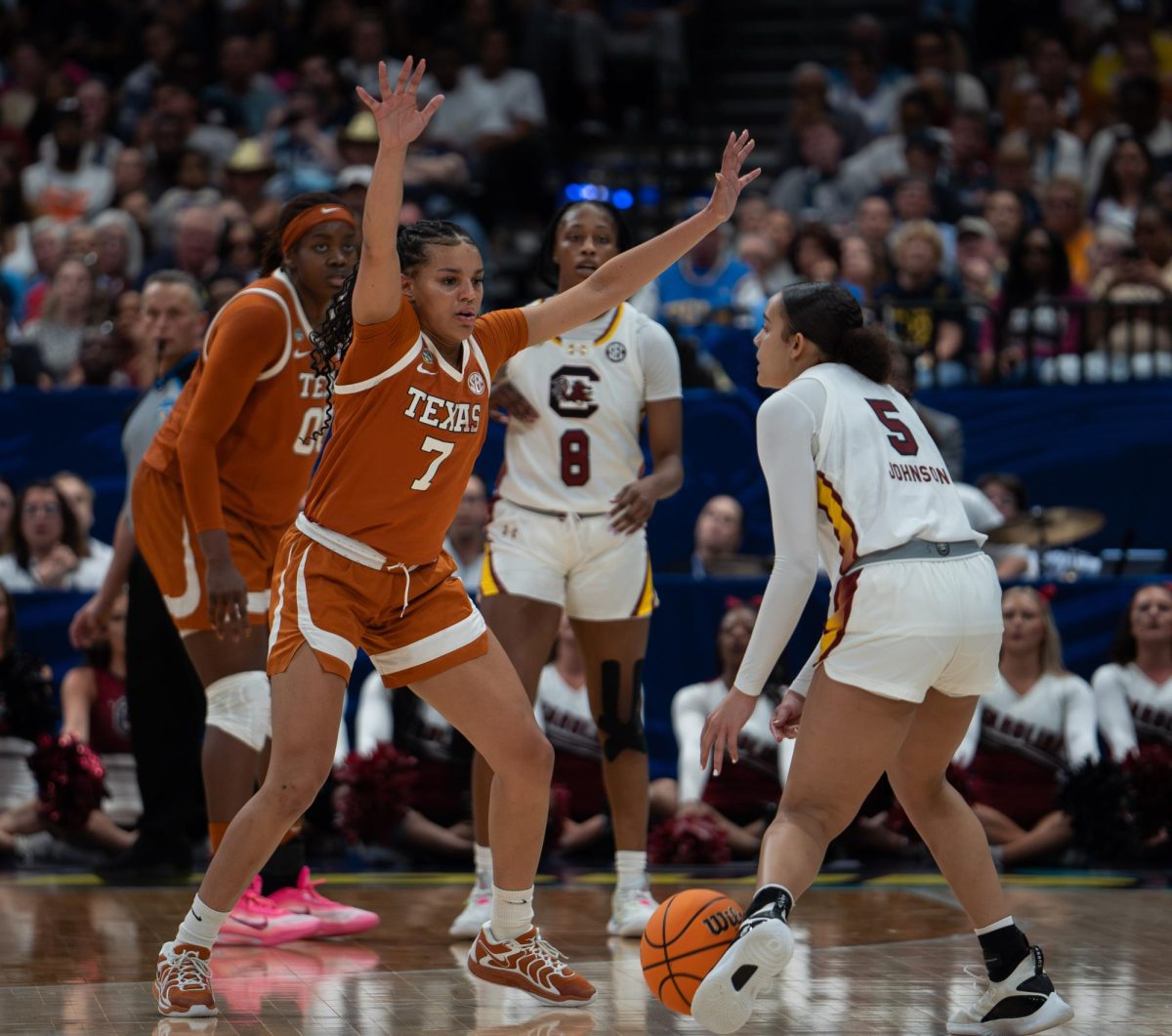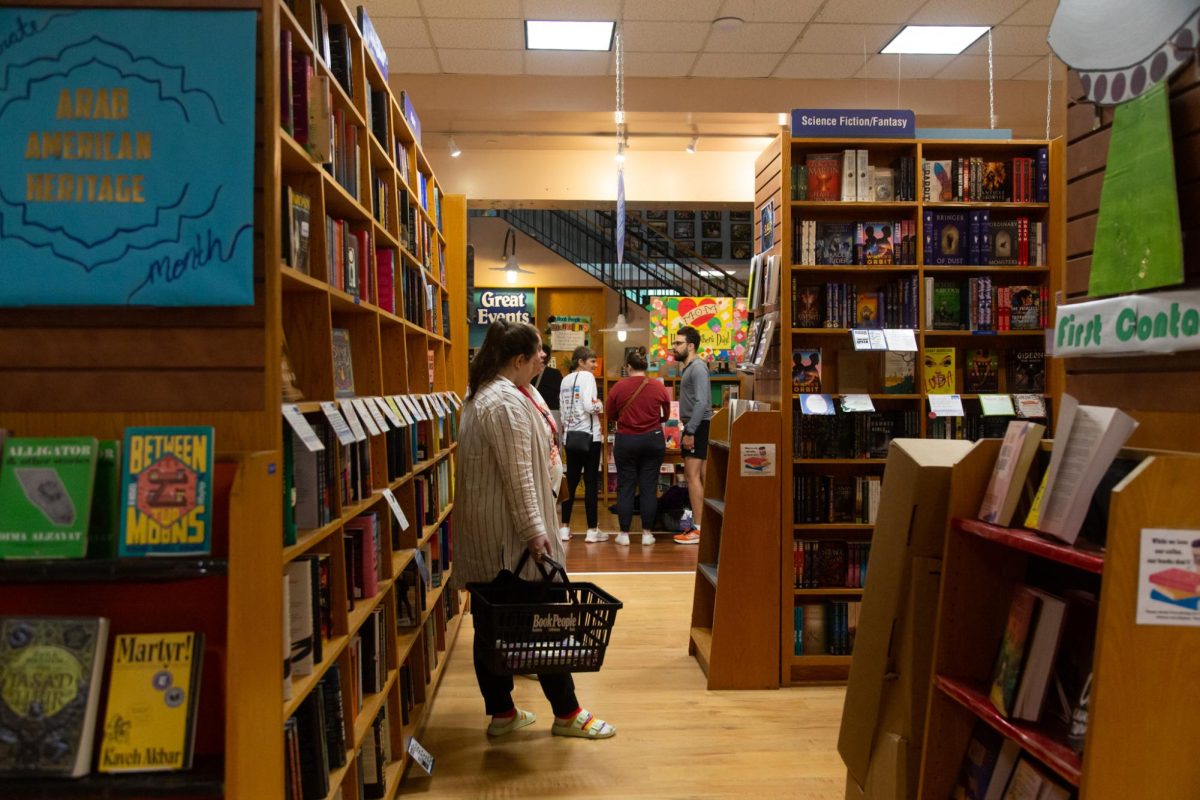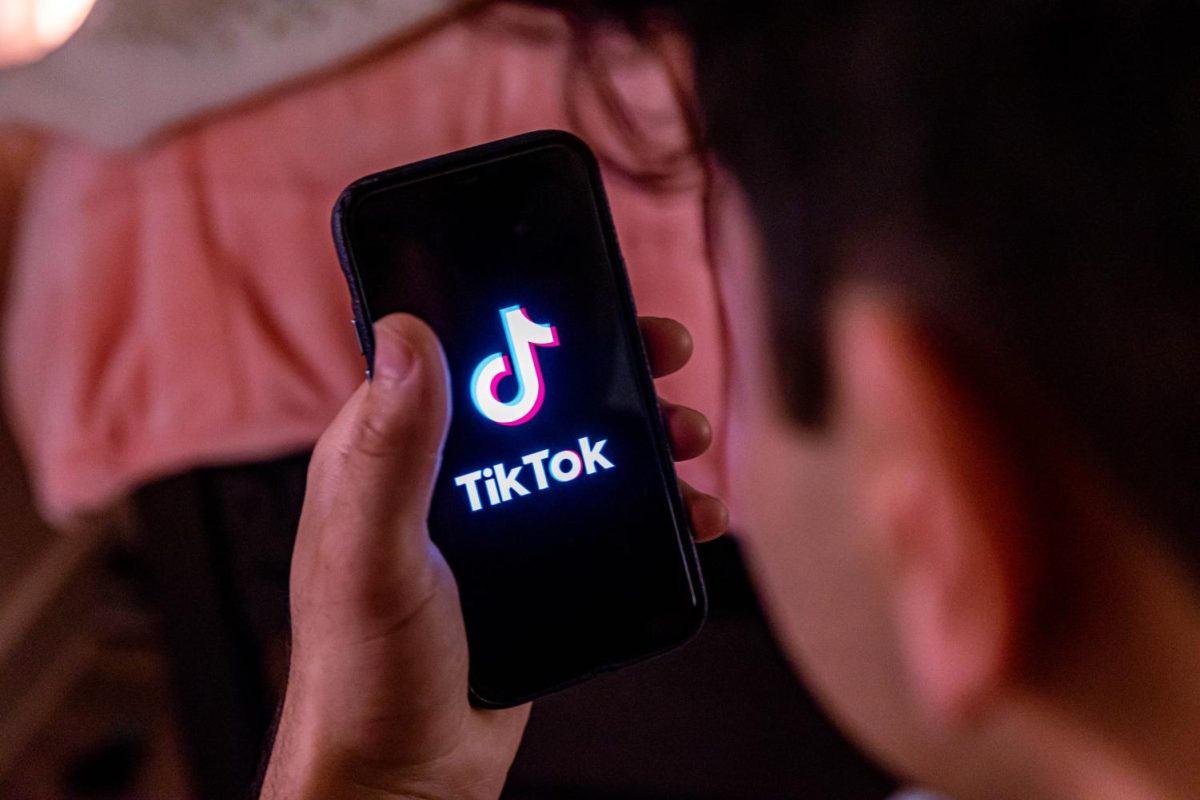Dean of Students Katie McGee announced a new Event Readiness and Response team on Sept. 16.
This announcement comes after the University began disciplinary proceedings last summer for some students arrested during April’s pro-Palestinian demonstrations. In the proceedings notice sent to students, the University said the students may have violated UT’s Student Code of Conduct, citing sec.11-500 of institutional rules and student services.
The role of the new unit includes outlining demonstration guidelines, designated amplified sound zones and alternative demonstration formats.
“This team will provide support and training for students, student organizations and campus partners to aid in planning and execution of campus events that may garner expressive activities,” McGee said in an email to students.
The team’s guidelines for on-campus demonstrations include allotting at least a ten-foot perimeter of clearance around academic buildings, requiring demonstrators to identify themselves if asked by “officials” and following University policies and procedures.
The Event Readiness and Response website states students should avoid creating disruptions in buildings or at University events, engaging in physical violence or inciting others to take violent action, and using amplified sound outside of the designated amplified sound areas or without a reservation.
The new unit’s website establishes areas around campus in which “amplified sound” is permitted during specified hours, including the West Mall, Union Patio, Winship Circle and the Lyndon B. Johnson Fountain. The zones must be reserved and amplified sound will be allowed only during designated times. Amplified sound is permitted on West Mall and Union Patio from 11:30 a.m. to 1:30 p.m. All other locations allow for amplified sound from 8 a.m. to 5 p.m. The website lists microphones, bullhorns and drums as examples of amplified sound.
“If the amplified sound is found to disrupt University business, you will be asked to cease the amplification regardless of whether it was permitted at the time,” according to the new Event Readiness and Response website.
The website also lists “alternate demonstration formats” including Zoom meetings for speakers, use of social media, writing opinion columns in campus or local media outlets and posting signage at your home or residence hall.
“Protecting your safety and your Constitutional rights remains a vital part of the University’s vision for the future of our campus,” McGee said in the email. “There is a shared responsibility to create an environment where we learn from our differences and support expressive activity.”

